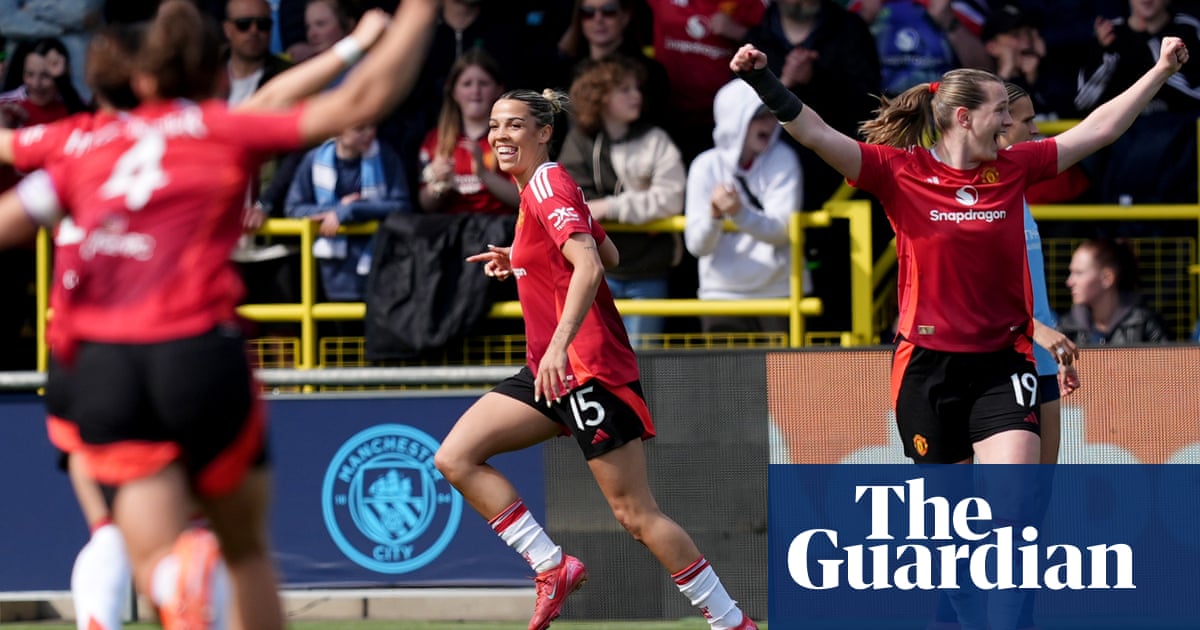The article discusses recent developments in women's football, particularly focusing on the FA Cup semi-finals and the Canadian Super League. It highlights key matches and outcomes, such as Chelsea and Manchester United reaching the FA Cup final, as well as the transition of a prominent coach within the English women's national team. Through the inclusion of expert opinions and updates, the article aims to engage its audience with the current landscape of women's football.
Intent Behind the Article
The goal of this news piece is to provide an update on significant events in women's football, showcasing both the competitive aspects of the sport and introducing new elements like the Canadian Super League. By featuring insights from journalists and experts, it aims to inform and engage football enthusiasts, potentially increasing interest and participation in women's football.
Public Perception and Narrative
The article seems to promote a positive view of women's football, celebrating achievements and milestones. This narrative could foster a sense of community among fans and encourage more attention towards women's leagues. The mention of the Canadian Super League also suggests an effort to expand the conversation beyond UK football, highlighting the growth of the sport internationally.
Information Omission or Manipulation
While the article primarily focuses on recent events, it does not delve into deeper issues that may be affecting women's football, such as funding disparities or challenges in visibility compared to men's leagues. This omission could indicate a desire to focus on the positive aspects of the sport rather than addressing potentially controversial subjects.
Comparison with Other News
When compared to other sports news, the article aligns with a trend of increasing coverage of women's sports, which has gained momentum in recent years. However, it may not address the systemic issues that persist in the sports industry, such as gender inequality in pay and media coverage.
Impact on Society and Other Sectors
The discussion of women's football can influence societal attitudes towards gender equality in sports, encouraging younger generations to engage in athletics. Additionally, as women's football gains popularity, it may contribute to economic growth in related sectors, such as merchandise sales and sponsorship opportunities.
Target Audience
This news likely resonates with sports fans, particularly those interested in women's sports, and may cater to communities advocating for gender equality in athletics. The focus on established teams like Chelsea and Manchester United may also attract their respective fan bases.
Market Influence
Although primarily a sports news piece, the growing interest in women's football could indirectly affect markets related to sports merchandise and media rights. Companies associated with women's leagues may see increased investment opportunities as the sport gains traction.
Geopolitical Relevance
The article's focus on women's football does not have direct geopolitical implications; however, the growing attention to women's sports can reflect broader societal changes regarding gender roles and equality, which are relevant in today's global discussions.
Potential AI Involvement
It's plausible that AI tools were used in drafting the article, particularly for summarizing key points or facilitating research on recent events. However, the human touch in capturing the nuances of the sport and personal insights from journalists is evident, suggesting a collaborative effort between AI and human writers.
Manipulative Elements
While the article does not overtly manipulate information, its selective focus on positive developments might downplay ongoing issues in women’s sports. The language is generally celebratory, which could be seen as an attempt to garner support for women's football without addressing potential criticisms.
Trustworthiness of the Article
The article appears credible as it references established sources and includes input from experts. However, the lack of discussion about broader issues in women's football may indicate a partial view of the current landscape. This selectivity could lead to questions about the overall integrity of the coverage.
